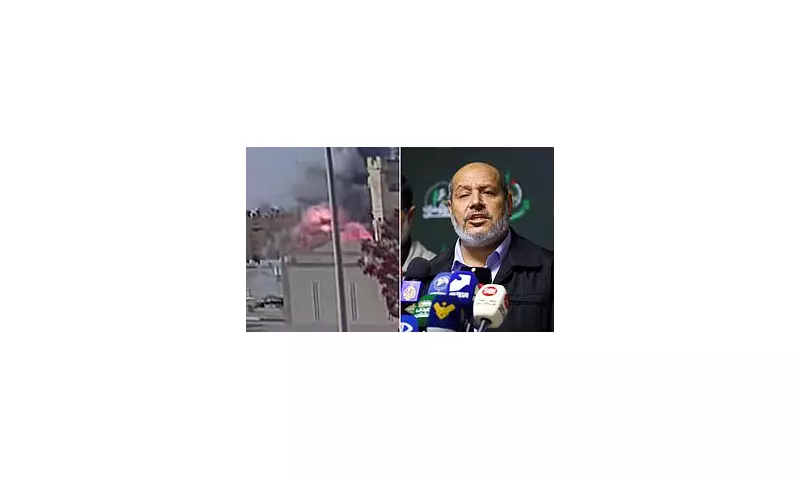
In a dramatic escalation that threatens to derail fragile peace efforts, the Israeli Defence Forces (IDF) have targeted Hamas's political leader, Ismail Haniyeh, while he was in the Qatari capital of Doha for critical ceasefire negotiations.
The strike, which represents a significant breach of diplomatic norms, occurred as Haniyeh was actively involved in talks aimed at halting the ongoing conflict in Gaza. The move signals a bold and aggressive new tactic by Israel, taking its campaign directly to the heart of Hamas's political leadership in a nation traditionally seen as a neutral mediator.
A Calculated Strike in Diplomatic Territory
Qatar has long served as a key intermediary between Israel and Hamas, hosting the group's political bureau and facilitating back-channel discussions. The decision to launch an operation on Qatari soil marks a stark departure from previous engagements and is likely to strain Israel's relations with the Gulf state.
Security analysts suggest the operation was meticulously planned, exploiting a precise intelligence window regarding Haniyeh's whereabouts. The IDF has yet to release an official statement confirming the details of the operation or any resulting casualties.
Implications for the Ceasefire Process
This targeted action throws the already precarious ceasefire negotiations into profound uncertainty. Qatar's role as a trusted host and negotiator is now fundamentally challenged, potentially closing a vital channel of communication between the warring parties.
The immediate aftermath sees the peace process in jeopardy:
- Retaliation fears: Hamas and its allied groups may feel compelled to respond with significant force, triggering a new cycle of violence.
- Diplomatic fallout: Qatar's future involvement as a mediator is now in question, leaving a vacuum in negotiation efforts.
- Regional escalation: The strike risks drawing other regional actors into the conflict, further destabilising the Middle East.
This development underscores the Netanyahu government's hardened stance, prioritising military pressure over diplomatic overtures, even at the risk of international condemnation and regional alienation. The world now watches to see if this high-risk gambit will bring Hamas to heel or ignite an even wider and more devastating conflict.





